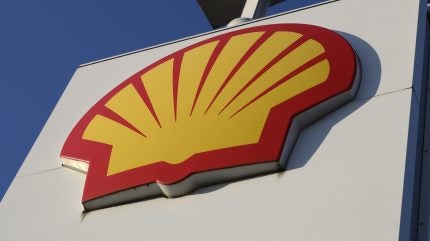
Global oil and gas giant Shell has revealed $6.29bn (almost £5bn) in adjusted earnings in Q2, above analysts’ forecasts for both quarter-on-quarter and year-on-year results.
The company made just over $5bn in the same period last year. Income attributable to shareholders was 12% higher, on a year-on-year basis.
In Q1 of this year, it reported adjusted earnings of $7.7bn, well above the forecast of $6.46bn.
In a statement on Thursday morning, the company’s chief executive Wael Sawan said the company has experienced a “solid” performance over recent months.
He cited the company’s large LNG portfolio and consistent cost cutting as major factors behind the good results.
Shell’s cash flow from operations reached $13.5bn, and it achieved $700m in structural savings this quarter, bringing the total savings to $1.7bn since 2022.
How well do you really know your competitors?
Access the most comprehensive Company Profiles on the market, powered by GlobalData. Save hours of research. Gain competitive edge.

Thank you!
Your download email will arrive shortly
Not ready to buy yet? Download a free sample
We are confident about the unique quality of our Company Profiles. However, we want you to make the most beneficial decision for your business, so we offer a free sample that you can download by submitting the below form
By GlobalDataThe company also announced a dividend for Q2 and a tranche of share buybacks, due to be completed by the end of October.
Andrew Keen, managing director, Industrials, Edison, a construction, property and investment group, said: “Shell, like BP earlier this week, is buying back its stock rather than accelerating its investment away from its traditional hydrocarbons business and towards renewables.”
He added that this is a “longer-term global trend as oil majors globally contract capital spending in favour of buybacks/capital return, with relatively little going into energy transition strategies”.
Shell announced the $3.5bn buyback, and the “market seems to like this approach for now”, said Keen, with shares up 2% in London this morning, and around 15% over the last six months.
In February, Shell announced a profit of $28bn in 2023, a 30% decline from the previous year’s all-time high due to lower energy prices and demand.
Despite this, the company increased its dividend by 4% and extended its share repurchases.
In Q4 2023, the company achieved adjusted earnings of $7.3bn due to strong operational performance and strong LNG trading and optimisation results.
Earlier this week, bp was accused of pausing its renewable projects to reduce costs and maintain share buybacks to boost returns after the oil and gas company recorded better-than-expected profits of almost $2.8bn for Q1 2024.
The company also promised to give shareholders higher dividends, lifting the payments whilst buying stock worth $1.75bn over the next three months.
In June, bp CEO Murray Auchincloss reportedly initiated a hiring freeze and suspended offshore wind projects, according to sources at the company, as he places focus on oil and gas to boost revenues.
Auchincloss, who became bp head at the start of the year, appears to be bowing to shareholder discontent over the returns available on non-hydrocarbon production and the switch to green energy.


